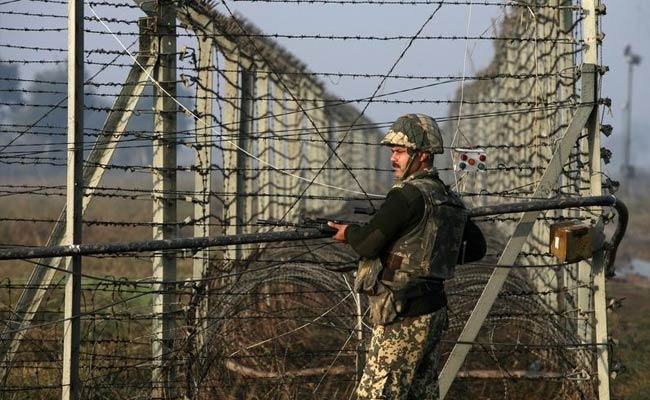
The world might not be the same again in the context of the
Coronavirus pandemic. The emerging situation is likely to dictate the countries
to revisit their priorities. This is going to be the next major change after
liberalisation during which the decision-making had shifted to the market
forces.
The market controlled global economy has now been hit hard
by an unforeseen catastrophe. The top priority is going to be the health sector
and revival of the economies hit hard by
Coronavirus under the new situation.
It is in this context that the India and Pakistan, the two
hostile neighbours, should redraw their security and developmental strategies.
The two countries miserably lack resources for human development with major
emphasis being on defence. The human development indices in both these
countries are on the lower side.
India and Pakistan are among the top buyers of armaments and
weapons in the world market. It is in the interest of the arms industry that
the hostilities don’t get resolved. This is possible only in case these two
countries return to the time when they were on the threshold of resolving their
diffreences.
Eminent political scientist Dr Pramod Kumar who heads the
Institute for Development and Communications, maintains, “Prime Minister
Narendra Modi has exhibited strong
determination and it would be appreciated
if he arrives at No War Pact with Pakistan and initiates process of
peace building in Asia”. He said half of
the defence budget could then be diverted to health sector. Both the countries woefully
lack ventilators to counter the Coronavirus threat. The medical research should
be provided adequate funds. He said the immediate issue was that of survival of
the lowest sections of society like daily wagers who must be provided survival
package by the states.
The problem in India is that the political discourse of the
ruling BJP is Pakistan centric. But then
the decision makers in the BJP and its paternal organisation RSS would have to consider the changing
situation and redraw the strategies. As an assertive leader, Modi should take
the initiative.
This would not only spare money for human development, the
economies of the two countries would also get a boost in case free trade is
allowed from Attari-Wagha border. Moreover, people on the two sides of the Radcliffe
Line want to get over the bitterness of
1947. India would get direct land access to countries even in Europe in case
the peace process is initiated to resolve the hostilities and both the
countries know this is not an impossibility.
The template for
initiating the peace process is the Kartarur Sahib Corridor that is visa free access from Dera Baba Nanak on the
Indian side to Gurdwara Kartarpur Sahib in Pakistan across the Ravi river. Hundreds
of devotees have been visiting the shrine every day till it was shut own
recently keeping in view the Coronavirus threat.
The corridor had been the demand of the Sikhs as Guru Nanak,
the founder of the Sikh Faith, had spent his last about 17 years at Kartarpur
Sahib where he gave practical shape to his humanistic philosophy of universal
brotherhood and peace.
Both Modi and his Pakistan counterpart Imran Khan have the
capacity to take the historic step.
I don't think there are any real hostilities between the ruling elite of both the countries. All hostilities are friendly matches which pay both of them politically. Since they face identical political issues, there is an unsaid deep pact between both of the elites. Hence, the cordial relations can result only by pressure from the common people. But people will need to cross the China wall of Blare Out Channels and communal outlook.
ReplyDelete